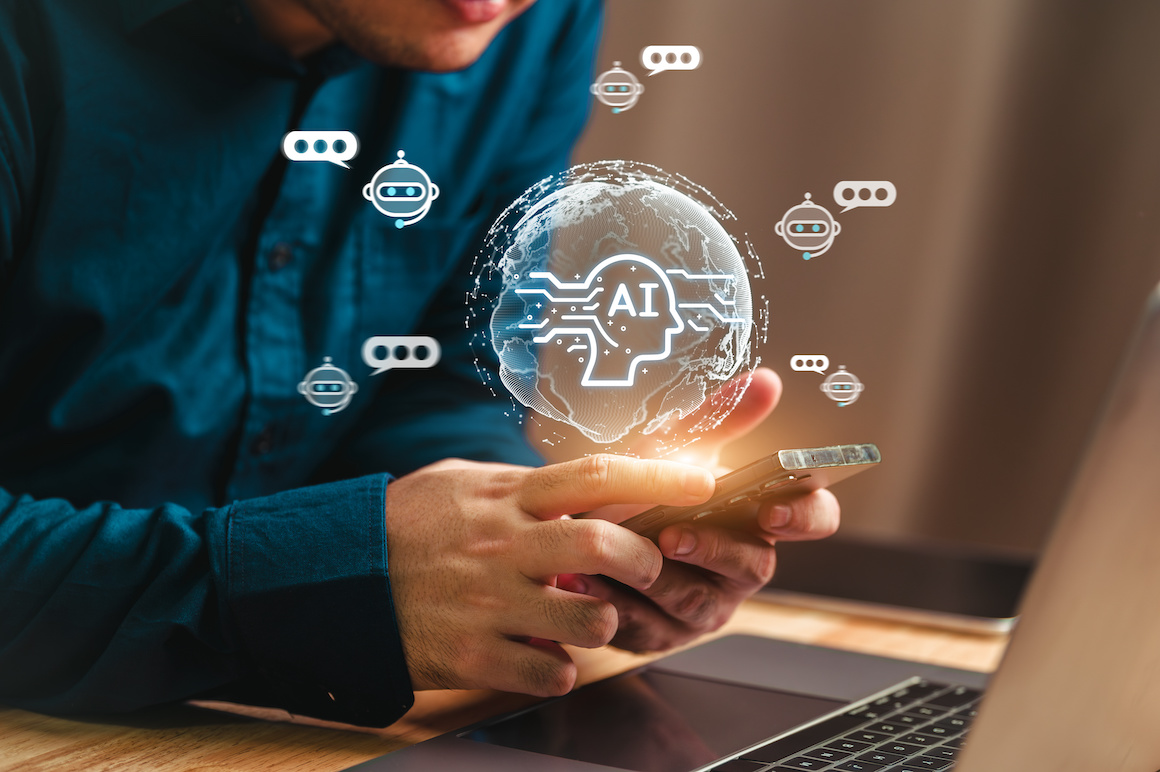AI Tools That Will Help You Build a Startup serve as indispensable assets in today’s entrepreneurial landscape, enabling aspiring business owners to harness technology for growth and innovation. As startups surge in popularity, understanding how to leverage AI tools can determine success or failure in a competitive environment. These tools not only streamline operations but also enhance decision-making processes, allowing founders to focus on their core mission.
From automating mundane tasks to providing insights through data analysis, AI tools can transform various aspects of a startup. They encompass a range of functionalities, from marketing automation and customer relationship management to financial forecasting and product development. By integrating these tools, startups can optimize their resources, enhance productivity, and ultimately create a more agile business model suited for rapid changes in the market.
In the realm of modern technology, the pervasive influence of Artificial Intelligence (AI) has transformed various sectors, including healthcare, finance, transport, and education. This article delves into the intricate relationship between AI and these key sectors, highlighting the advancements, challenges, and future prospects of AI integration.Artificial Intelligence refers to the simulation of human intelligence in machines that are programmed to think and learn like humans.
The applications of AI are diverse and multifaceted, ranging from simple algorithms that predict user preferences to complex deep learning systems that drive autonomous vehicles. The evolution of AI began in the mid-20th century, but it has accelerated dramatically in recent years, primarily due to advancements in computational power, data availability, and algorithms.In healthcare, AI has begun to revolutionize patient care and medical research.
Machine learning algorithms can analyze vast amounts of medical data to identify patterns that may not be evident to human clinicians. For instance, AI systems are now being used to predict patient outcomes based on historical data, aiding doctors in making informed decisions about treatment plans. Furthermore, AI-powered diagnostic tools are improving the accuracy of disease detection. For example, AI systems have shown remarkable success in interpreting medical imaging data, such as X-rays and MRIs, often outperforming human radiologists in certain diagnostic tasks.Nonetheless, the integration of AI in healthcare is not without challenges.
Ethical concerns surrounding data privacy and security are paramount, as patient data is highly sensitive. Moreover, the potential for bias in AI algorithms poses significant risks. If the training data used to develop AI systems is not representative of the diverse patient population, it could lead to health disparities. Therefore, it is essential to establish rigorous guidelines and standards for AI deployment in healthcare to ensure equitable access and outcomes.In the financial sector, AI has been adopted to enhance decision-making processes and streamline operations.
Financial institutions leverage AI for applications such as fraud detection, credit scoring, and algorithmic trading. Advanced machine learning models can analyze transactional data in real-time to identify unusual patterns indicative of fraudulent activity. This capability not only helps in preventing financial losses but also enhances customer trust in financial services.AI also plays a crucial role in risk management. By analyzing historical data and market trends, AI systems can predict potential risks and provide insights to help financial analysts make more informed investment decisions.
Additionally, robo-advisors, powered by AI, have democratized access to investment advice, enabling individuals to receive personalized financial planning without the high costs typically associated with traditional advisory services.However, the financial industry faces its own set of challenges regarding AI implementation. Regulatory compliance is a significant hurdle, as financial institutions must navigate complex legal frameworks that govern data usage and algorithmic transparency.
Furthermore, the potential for job displacement due to automation raises ethical questions about the future workforce in financial services.The transport sector has also witnessed a significant transformation through AI technologies, particularly with the advent of autonomous vehicles. Companies like Tesla, Waymo, and Uber are at the forefront of developing self-driving cars that promise to enhance road safety and reduce traffic congestion.
AI systems in these vehicles utilize various sensors and cameras to perceive the environment, making real-time decisions to navigate safely.The implications of autonomous vehicles extend beyond mere transportation; they encompass urban planning, environmental impact, and economic shifts. For instance, reduced traffic accidents could lead to lower insurance costs and emergency service demands. Additionally, the widespread adoption of self-driving cars could influence city infrastructure, necessitating new regulations and urban designs.Despite the promising prospects of AI in transport, significant challenges remain.
Regulatory frameworks for autonomous vehicles are still evolving, and concerns about liability in the event of accidents need to be addressed. Moreover, public acceptance and trust in autonomous technology are critical for its successful deployment, as many consumers remain skeptical about relinquishing control to machines.Finally, the education sector is undergoing a transformation driven by AI technologies, which offer personalized learning experiences.
Adaptive learning platforms use AI algorithms to analyze student performance data and tailor educational content to individual needs. This personalization enhances student engagement and improves learning outcomes by addressing various learning styles and paces.AI is also facilitating administrative efficiencies in educational institutions. For example, AI-powered chatbots can assist in answering student inquiries, managing enrollment processes, and providing support services, thereby allowing educators to focus more on teaching.Nevertheless, the integration of AI in education comes with challenges.
Concerns regarding data privacy and the ethical use of student information are pressing, especially as educational institutions increasingly rely on data-driven decision-making. Additionally, ensuring equitable access to AI-enhanced educational tools is crucial, as disparities in technology access could exacerbate existing inequalities in education.Looking ahead, the future of AI across these sectors is promising yet complex. Researchers and practitioners must collaborate to address the ethical, regulatory, and technological challenges associated with AI implementation.
Continuous dialogue among stakeholders, including policymakers, industry leaders, and the public, is essential to ensure that AI technologies are developed and deployed responsibly.Moreover, fostering a culture of innovation and adaptability within organizations will be vital to harnessing the full potential of AI. As technology evolves, so too must the workforce; thus, reskilling and upskilling initiatives will be necessary to prepare individuals for emerging roles in an AI-driven economy.In conclusion, AI is reshaping the landscape of various sectors, offering unprecedented opportunities for enhancement and efficiency.

However, the journey of AI integration is fraught with challenges that require careful consideration and proactive measures. By fostering a responsible and inclusive approach to AI development, society can unlock the transformative potential of this groundbreaking technology while mitigating its risks.




